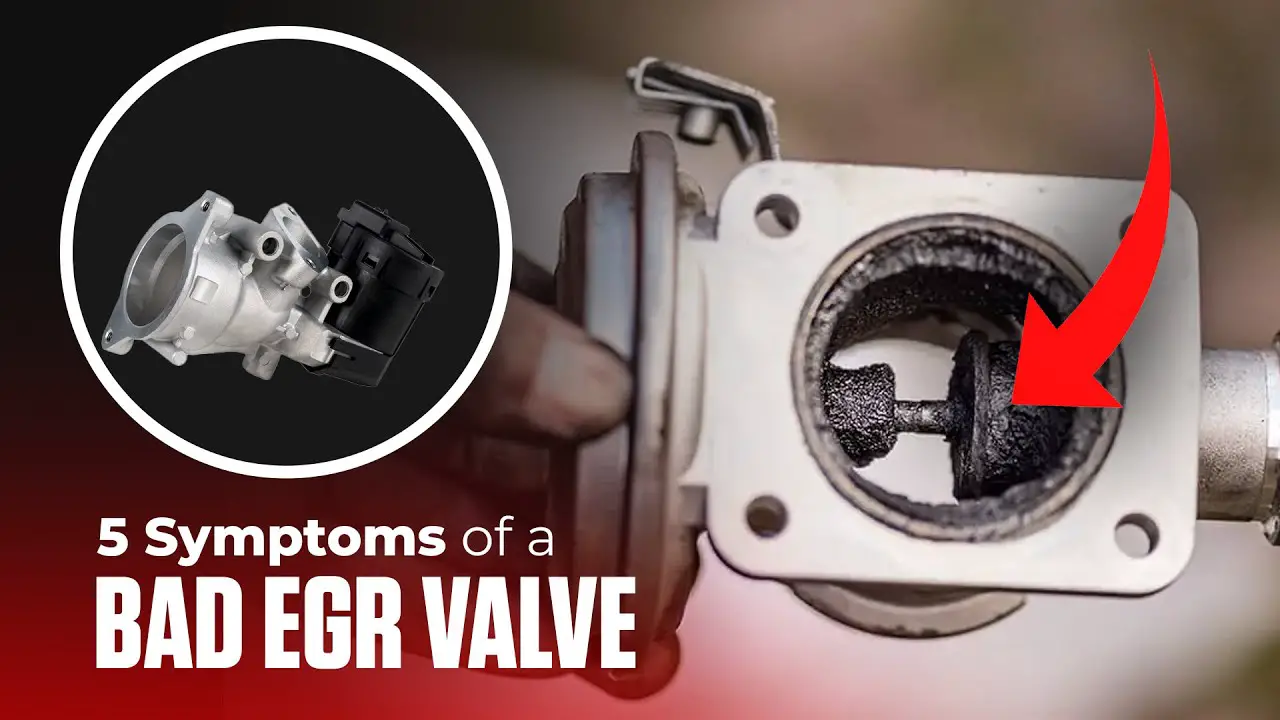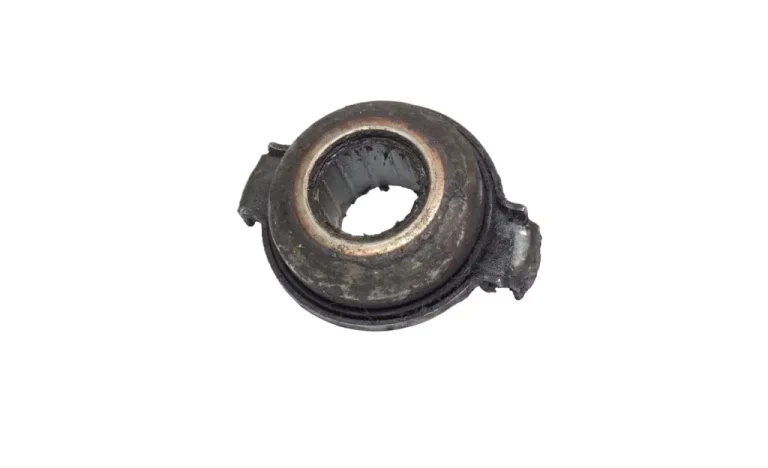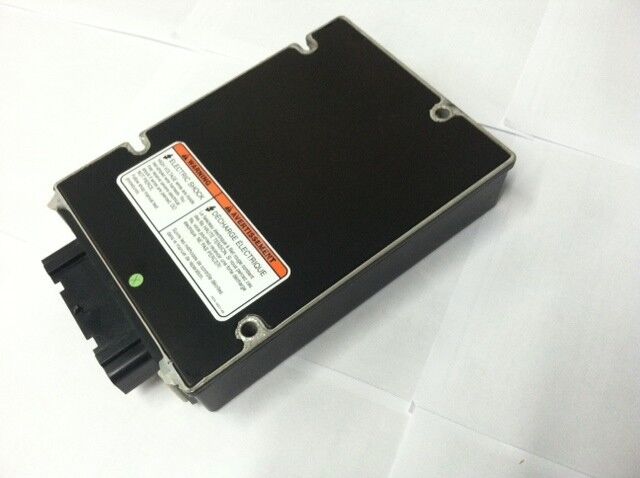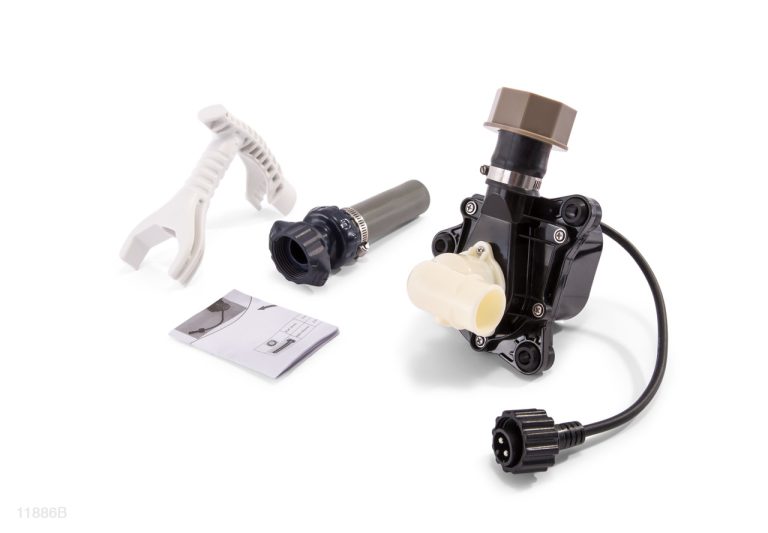Symptoms of a Bad Egr
If you are experiencing issues with your vehicle’s performance, it could be due to a faulty Exhaust Gas Recirculation (EGR) valve. The EGR valve plays a crucial role in reducing emissions and improving fuel efficiency in your vehicle. However, when it malfunctions, it can lead to a range of problems that may affect your car’s performance. In this article, we’ll explore the symptoms of a bad EGR valve and the potential impact it can have on your vehicle.
What is an EGR Valve?
The Exhaust Gas Recirculation (EGR) valve is an emissions control device that is found in most modern vehicles. Its primary function is to reduce nitrogen oxide (NOx) emissions by recirculating a portion of the engine’s exhaust gases back into the combustion process. This helps to lower the combustion temperature and reduce the formation of harmful emissions.

Credit: knowhow.napaonline.com
Symptoms of a Bad EGR Valve
When the EGR valve malfunctions, it can result in several symptoms that indicate a potential issue. Here are some common signs of a bad EGR valve:
- 1. Engine Performance Issues: A bad EGR valve can cause rough idling, stalling, or hesitation during acceleration. You may also experience a significant decrease in engine power and overall performance.
- 2. Increased Emissions: If the EGR valve is stuck open or closed, it can lead to increased emissions, which may cause your vehicle to fail an emissions test.
- 3. Check Engine Light: A malfunctioning EGR valve can trigger the check engine light on your dashboard. This is often accompanied by the presence of specific diagnostic trouble codes related to the EGR system.
- 4. Poor Fuel Economy: A faulty EGR valve can result in a drop in fuel efficiency, as it may disrupt the air-to-fuel ratio and combustion process in the engine.
- 5. Rough Idle and Pinging: An improperly functioning EGR valve can cause the engine to idle roughly or produce a pinging or knocking sound, especially during acceleration.
Impact on Vehicle Performance
Ignoring the symptoms of a bad EGR valve can have a significant impact on your vehicle’s performance and overall operation. Here are some potential consequences of a malfunctioning EGR valve:
| Consequence | Impact |
|---|---|
| Reduced Engine Efficiency | Decreased fuel economy and power output |
| Increased Emissions | Potential environmental impact and may lead to emissions test failure |
| Engine Damage | Overheating and potential damage to engine components |
Addressing the Issue
If you suspect that your vehicle is experiencing symptoms of a bad EGR valve, it’s important to address the issue promptly to prevent further damage. Here are some steps you can take to remedy the situation:
- Check the EGR Valve: Inspect the EGR valve and its associated components for any signs of carbon buildup, sticking, or damage.
- Perform Diagnostic Testing: Use a diagnostic scanner to read any trouble codes related to the EGR system and identify the specific issue.
- Clean or Replace the EGR Valve: Depending on the extent of the problem, you may need to clean the EGR valve or replace it with a new one.
- Seek Professional Help: If you’re unsure about diagnosing or repairing the EGR system, it’s best to consult a qualified mechanic or automotive technician for assistance.
Frequently Asked Questions On Symptoms Of A Bad Egr
What Are The Common Symptoms Of A Bad Egr Valve?
Common symptoms include rough idling, engine knocking, decreased fuel efficiency, and increased emissions.
How Can A Bad Egr Valve Affect Engine Performance?
A faulty EGR valve can lead to engine misfires, decreased power, higher engine temperatures, and potential damage to the catalytic converter.
What Causes The Egr Valve To Go Bad?
Excessive carbon buildup, worn-out seals, and malfunctioning solenoids are common causes of EGR valve failure.
Can A Bad Egr Valve Cause Check Engine Light To Come On?
Yes, a faulty EGR valve can trigger the check engine light due to emissions-related issues and engine performance problems.
Conclusion
Understanding the symptoms of a bad EGR valve is essential for maintaining your vehicle’s performance and minimizing emissions. By recognizing the signs of EGR valve issues and taking appropriate action, you can prevent potential damage to your vehicle’s engine and ensure optimal driving conditions. If you suspect a problem with your EGR valve, it’s advisable to seek professional help to diagnose and address the issue effectively.
“` This HTML content provides a comprehensive guide to the symptoms of a bad EGR valve, its impact on vehicle performance, and steps to address the issue. It includes lists, tables, and bold formatting to enhance readability and SEO optimization.




